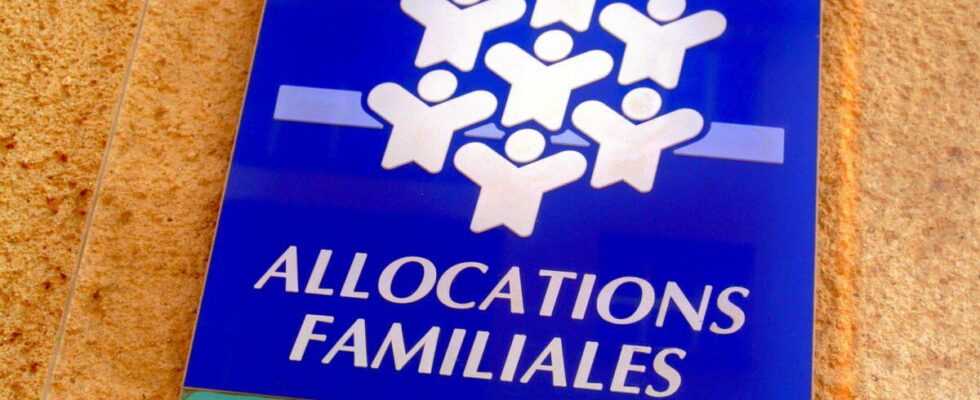Each year, no less than ten billion euros in social assistance are not paid to the French who could nevertheless benefit from it, according to a barometer carried out this month by the Mes-Allocs site.
This specialist in information and support for recipients of social benefits in France explains that many residents simply do not claim the benefits to which they are eligible. In short, “about one in three people are unaware of their rights”, according to Mes-Allocs.
By studying the rates of use of the main aid granted to French people (housing aid, disabled adult allowance, activity bonus, RSA, etc.), Mes-Allocs has noticed that where certain allowances are particularly requested – or even paid automatically – others are largely neglected.
The back-to-school allowance, the aid most often paid
The social assistance to which the French have the most recourse on average remains the back-to-school allowance. For good reason: the latter is almost always paid automatically, except in the rare cases where file problems arise. Thus, in the 2.8 million households where there is a child attending school who can benefit from this aid, the non-take-up rate (i.e. the proportion of French people eligible for aid which they do not request) does not is only 12%. It drops to 5% in households with two children.
Regarding the family support allowance, granted to single parents – often to low-income single-parent families – only 14% of the 720,000 recipients do not apply for it.
35% of French people who can benefit from the RSA do not apply for it
In France, 1.78 million inhabitants are eligible for active solidarity income (or RSA), granted to people over 25 who do not have any income. However, and despite its amount of 565 euros per month, 35% of recipients do not take the necessary steps to receive this RSA when they are entitled to it. As can be seen on the map below, the non-use rates are particularly high in Haute-Savoie (72%) and Vendée (71%). Conversely, a larger proportion of beneficiaries living in the North and East of France as well as around the Mediterranean ask to receive their RSA.
Regarding personalized housing assistance (or APL), one of the best known and most distributed allowances with 12 million beneficiary households in France, the non-use rate is even higher. Precisely 37% of households that could benefit from APLs do not apply for them. If we only take into account the APLs offered to students (more than 870,000 of whom are entitled to them), it is even less encouraging: 72% do not use them. Here again, it is the departments of Hauts-de-France, Ile-de-France, the Rhone Valley and the Mediterranean that are most demanding this housing aid.
Less than half of recipients over 25 (47%) also ask for their activity bonus, to which 8.7 million people are nevertheless entitled. This additional income allocated to French people with low wages is particularly neglected in the Paris region, in the Alpine departments or in Brittany. On the other hand, among those under 25, many more workers think of asking for their activity bonus: only 19% do not take the steps to collect it.
Allowances for children and adults with disabilities: little-known and little-requested aid
Other, less well-known social aid is even more neglected, as shown by the barometer produced by Mes-Allocs. This is the case of the disabled child education allowance (Aeeh), paid to compensate for the expenses related to the disability of a dependent child under 20 years of age. Only 15% of recipients request it. However, more than 293,000 parents could benefit from this aid, which can range from 134 to more than 1,200 euros, as explained by the Family Allowance Fund. Whatever the department, none falls below 66% non-use rate for this service.
It is not much better on the side of the AAH, or the disabled adult allowance, which shows an average non-recourse rate of 61%, while one million French people are eligible for it. In Ain and Savoie, where AAH is least in demand, 73% of people who could benefit from it do not request it.
Lack of structures, forgetting to update…
But why are aids which often represent several hundred euros every less so little requested by the recipients? The reasons are multiple, according to Joseph Terzikhan, founder of Mes-Allocs who spoke in The Parisian this Tuesday. “Certain aids, such as the RSA or the activity bonus are subject to quarterly updating by the beneficiary of his resources with the Caf. It can be an obstacle,” he notes.
Another reason, particularly valid in rural areas: the lack of aid and support structures to carry out aid application procedures. As for populations unfamiliar with digital tools, they may simply not be aware of the social benefits to which they are entitled.
